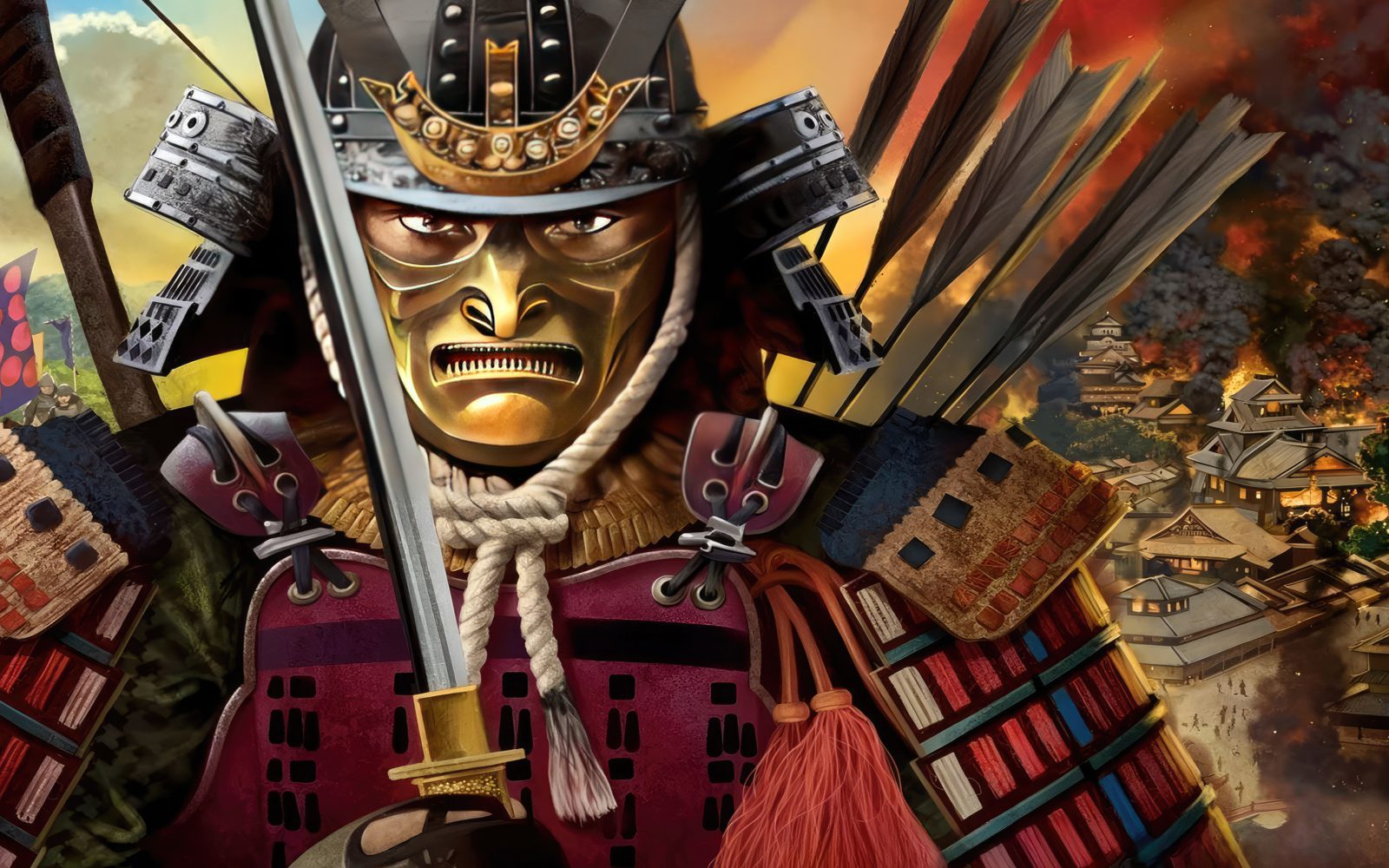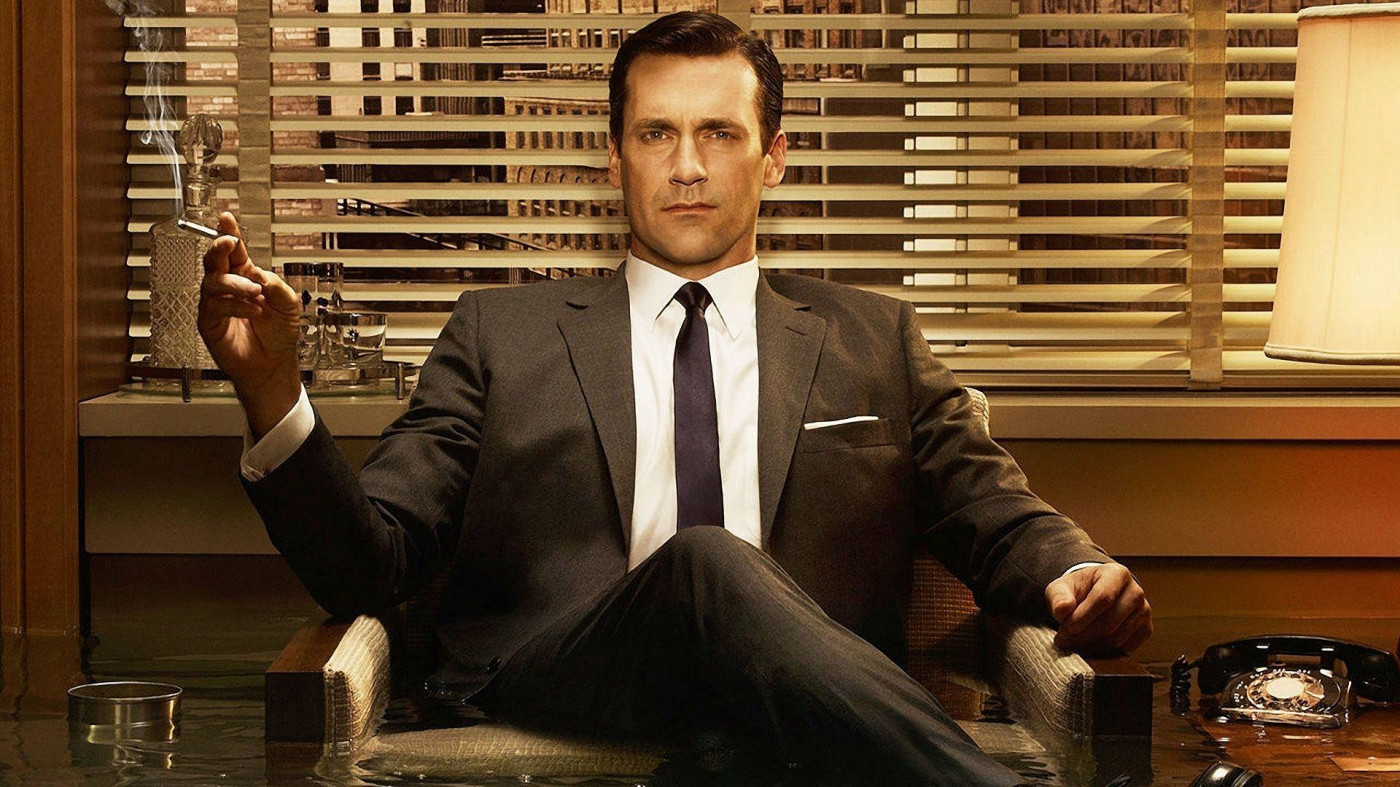In the real world, ‘letting go’ is how we find out who we are; the only way we can find out who we are. In the Illusion-World, which is the Mind -Created-Virtual-Reality, it is the reverse of this. In the MCVR, holding onto our prescribed identity is how we get to know who we are. What we have here therefore are two situations that are the exact mirror image of each other. Everything is backwards in the MCVR.
We can also look at this in terms of something as simple as trust – in what we have called the real ‘world’ everything runs on trust. Without trust nothing happens and there is no substitute for it; we can’t ‘fake it’ – there is no way we can get around the necessity for unconditional trust. In the MCVR however the situation is that there is absolutely no such thing as unconditional trust. It isn’t about ‘trust’ – it’s about ‘making sure’, it’s all about ‘control’.
In the MCVR all the responsibility lies on the ‘purposeful agent’ – the decider of all decisions, the planner of all plans, the enactor of all purposes, the ‘creator’ and ‘obtainer’ of all goals. This is who (or what) we are in the Mind-Created-Virtual Reality – we are the ‘purposeful self’, the ‘deliberate doer’ which gets to project its unquestionable will upon a passively compliant world. Our idea of the ‘optimal situation’ is therefore when we are completely unimpeded in this. That’s what freedom means for us in the MCVR – it’s the freedom to enact our purposes without anything ever getting in our way.
Being unimpeded in acting out our will (whatever that might entail) is the best thing we can possibly imagine! This is the best feeling we know – the feeling of being able to actualise our will, the feeling of being able to realise our goals. The reason success feels good is because it creates a type of ‘defined identity’ that that creates pleasure for us when we reflect on it – the ‘euphoric ego state’. The other side of this is however that when we aren’t able to enact our will successfully then our ‘sense of responsibility’ will rebound on us so as to make us feel bad instead of good. This unhappy situation is what we call ‘defeat’ and this is the bitterest feeling that we know. Defeat or failure also is not something that is ‘separate from who we are’; failure defines us every bit as much as success does, only in this case it’s ‘the dysphoric ego state’ that we are talking about. The more we brood over the ‘loser-self’ the worse we feel…
Our basic understanding in the MCVR is that it is good to be defined; it is good to be defined because this is how we get to exist. But there is a proviso here and that is that we have to make sure that we are defined in a positive and not a negative way. This is our basic understanding of what life is all about in the MCVR, and it is a jinxed understanding. It is a jinxed understanding because the negatively-defined identity is the ‘reverse side’ of the positive one – we think that there some kind of space or ‘distance’ between them but there is no space or distance between them at all!
These are two entirely different ways of living life then. One is where ‘it’s all our responsibility’ (which is to say, it is where existence is a fight, or a competition, and where our being depends upon the outcome of this struggle) and we can’t trust reality to ‘help us out at all’; and the other is where our being is not depended upon our own efforts, where we don’t have to strive or compete to exist, and where the degree of manifestation of our true being is a function of our willingness to trust that everything will be okay without us having to make sure of that ourselves.
A simpler way of explaining life in the MCVR (i.e. life in ‘the game’) is to say that it is the life of the defined self or ego, which always has to be aggressive, which always has to be asserting itself, and where this aggression or self-assertion always, always, always rebounds on us painfully on us like the ping of an elastic band. This is the nature of ‘existence’ (if we can call it that) in the MCVR – the only way we can continue to exist is via our aggression, via our self-assertion, and this aggression/self-assertion always backfires on us.
Needless to say, no matter how simple it might be to (and it is simple) we don’t understand it, and we will not. There is no one you can walk up to explain this to (with the exception of a Buddhist monk, perhaps). We do talk about the importance of ‘letting go’ and the importance of ‘trust’ it’s true, but deep down we don’t mean a word of it. The defined identity or self cannot by its very nature ‘let go’, as we have already said. It has no way of doing so since everything it does is purposeful. The defined identity has to fight, has to strategize and manoeuvre – it has to play its tricky game. In one (superficial) way we do understand just how life-denying it is to be always trying to control everything in sight, but deep down we don’t because who we (unconsciously) take ourselves to be is the product of our own controlling. That’s the trap we’re in – the trap of unconsciousness, the trap of ‘controlling without knowing that we are controlling’.
Unless we can clearly see the difference between reality and the MCVR (which means understanding that there is such a thing as the MCVR and knowing what it is) there is no chance whatsoever of us emerging from the hopelessly conflicted struggle to exist (‘exist’ in the limited terms of the thinking mind, that is) – even when we want to ‘let go’, we jinx it by trying to make a strategy out of it. We try to make a strategy out of everything! The executive agent which is the defined identity is in charge every step of the way, and – secretly – it has no intention of ever letting go…
Art: Street Racing by Daniel Liang, from tumblr.co






